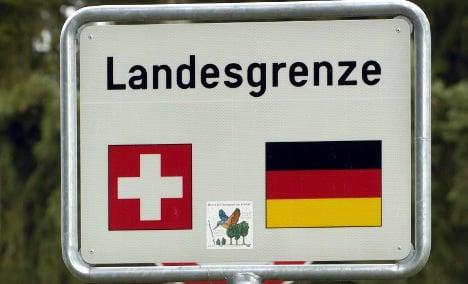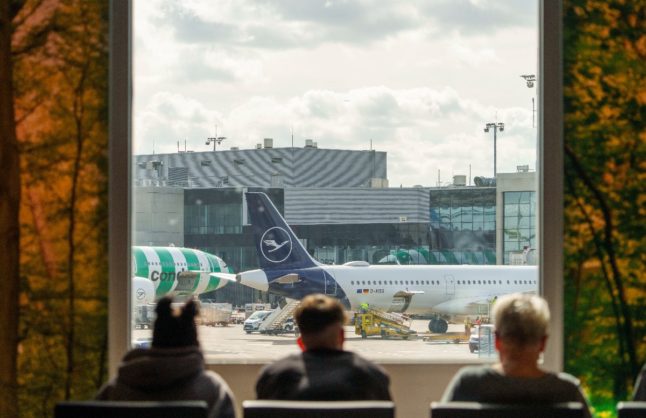Following a string of tax fraud scandals that uncovered hundreds of millions of euros in Swiss banks, German politicians have lambasted the country’s secretive banking policies.
But as German and Swiss officials prepare to meet this week to forge a tax deal that could bring revenue back home, the financial newspaper Handelszeitung revealed that German institutions are aggressively courting Swiss customers looking to stash their cash north of the border.
“It doesn’t interest us if they pay taxes on their earnings,” a banker in a German-Swiss border town told the paper. “The Swiss won’t get any information from us anyhow.”
While the German banks say that they explicitly advise Swiss customers to claim their money for taxation back home, in southern cities such as Konstanz, Lörrach, Waldshut and Jestetten they are also offering them rock-bottom fees, high interest rates and the utmost in discretion.
According to Handelszeitung, the Volksbank Hochrhein in the state of Baden-Württemberg alone has some €60 million in Swiss money, and gleans one-third of its savings deposits from Germany’s southern neighbours.
“Our Swiss customers are more devoted to us than ever,” a German banker told the paper.
Swiss tax dodgers don’t worry much about being caught, because unlike the Germans, their officials have never contacted the unexpected tax haven’s authorities for help with an investigation, the paper said.
But both Bern and Berlin will likely acquire new tools for pursuing their tax evaders if the two sides reach an agreement during talks this week.
According to the Financial Times, the accord will likely be similar to one forged between Switzerland and the UK that allows for a greater exchange of tax information while still maintaining the secrecy so prized by the Swiss banks.
Germans have an estimated €200 billion stashed away in Swiss banks, the paper said.
The Local/ka



 Please whitelist us to continue reading.
Please whitelist us to continue reading.
Member comments